Into the Wild is a film released in 2007, directed by Sean Penn, retracing the true story of Christopher McCandless — a young man who abandoned comfort and conformity in search of truth and freedom in the wild.
It is both a heroic and tragic journey — one that explores the beauty of idealism, the cost of isolation, and the eternal human longing for meaning.
What is the moral of story?
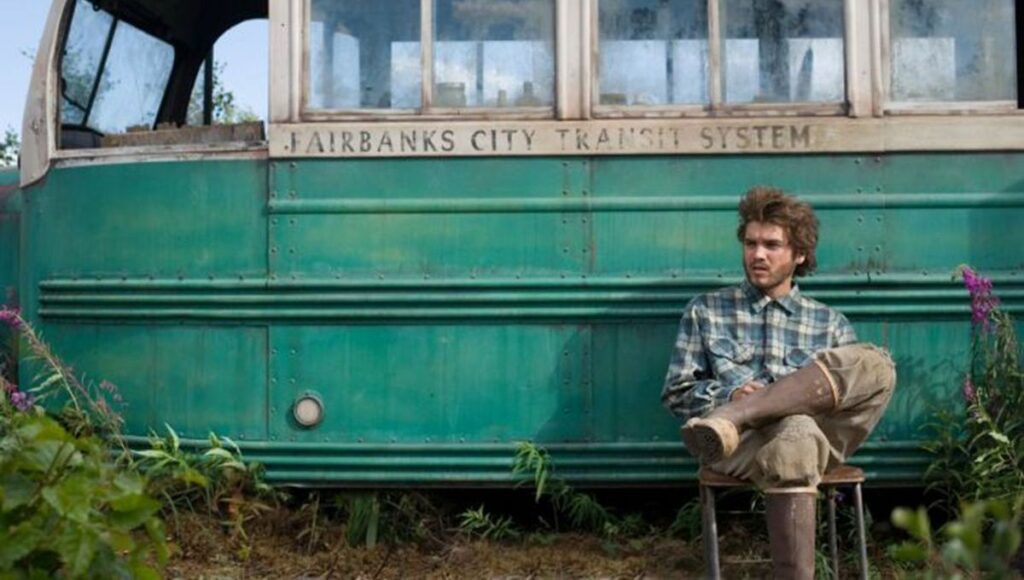
The moral of Into the Wild is that freedom and truth often come at a great cost. Christopher McCandless’s journey teaches us that while rejecting materialism and seeking authenticity can be noble, true happiness is ultimately found in connection — not isolation. His final realization, “Happiness is only real when shared,” captures the essence of the film: that meaning in life is not just discovered in nature or solitude, but in the bonds we create with others.
Why is it so difficult not to like Christopher McCandless?

It’s hard not to like Christopher McCandless because he embodies something deeply human that many people secretly long for — the courage to live according to one’s truth.
He rejects hypocrisy, materialism, and comfort in pursuit of authenticity and meaning. There’s a purity in his rebellion, a sincerity in his idealism that makes him both admirable and tragic. Even when his choices seem naïve or extreme, his intentions are rooted in a search for freedom, integrity, and self-knowledge — values that resonate with anyone who’s ever felt trapped by society’s expectations.
As he aspires only to a full and authentic presence, he seeks neither to dominate nor to justify himself. He shows himself open and free of any judgment—a rare form of openness and compassion.
In short, we like Christopher because he dares to live the life most people only dream about — even if it costs him everything.
Were the people living on the margins the real treasure?
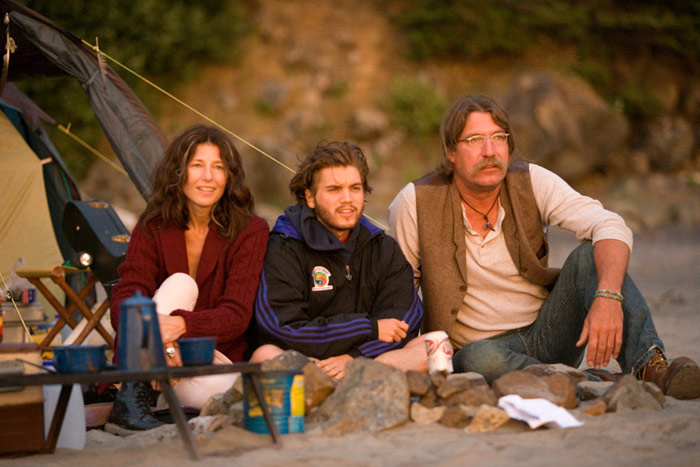
People living on the margins are the real treasure because they live closer to truth and freedom. They are less constrained by society’s expectations and more authentic, often shedding the personas they once carried after facing tragedy or hardship.
Stripped of pretenses, they reveal a raw, unfiltered way of being—connected to nature, survival, and genuine human relationships. Their lives show that true value isn’t measured by wealth or status, but by courage, resilience, and the depth of one’s authenticity.
It mirrors the same nuanced rejection of personas seen in Alfonso Cuarón’s Y Tu Mamá También. Whether through innocence or through an acute awareness of life’s fragility. By letting go of the ego and embracing genuine sincerity and vulnerability, we open the possibility for a true connection between human beings.
Why this direct experience with reality is the most engaging?
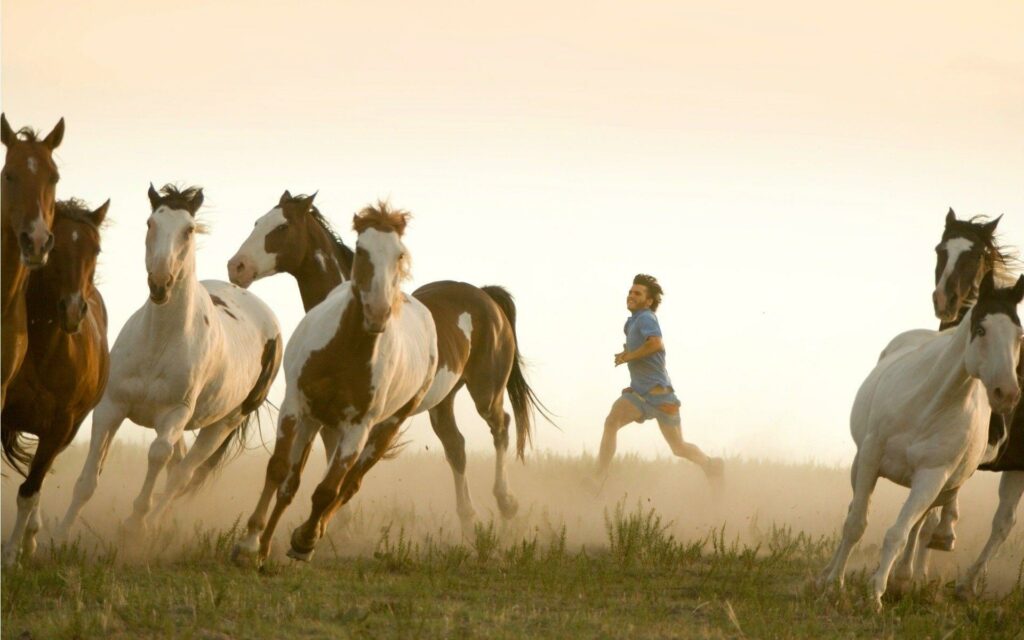
Firsthand experience is how humans truly learn and internalize reality. When children explore, test boundaries, and even break rules, they are engaging directly with cause and effect, building their own understanding of the world rather than just accepting what they are told. Knowledge from observation or instruction can guide them, but it doesn’t create the same intuitive, embodied understanding.
This is why children insist on trying things themselves, even when forbidden: the lesson isn’t in being told “don’t touch the stove” or “don’t climb the tree,” it’s in feeling the heat, experiencing the risk, and understanding the limits firsthand. Reality, in all its unpredictability, can’t be fully grasped secondhand; it must be touched, felt, tested.
In short: people need experience to truly know, and this is a fundamental drive in both childhood and in any pursuit of authenticity.
Why courage is ultimately vulnerability?
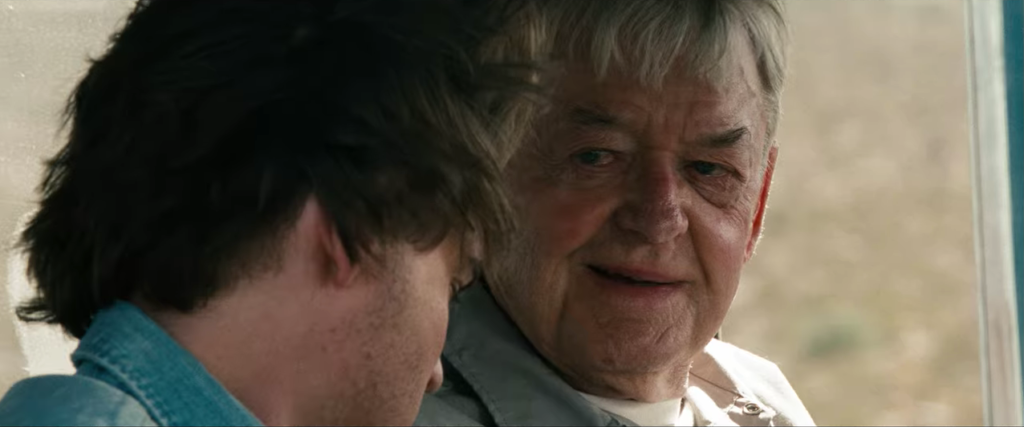
Courage and vulnerability are deeply intertwined because true bravery is not the absence of fear—it’s the willingness to expose yourself despite it.
- Facing the Unknown: Courage requires stepping into situations where outcomes are uncertain. Vulnerability is inherent because you cannot control how things will turn out, nor how others will respond.
- Exposing Your True Self: To act courageously—whether speaking your truth, creating art, or forming real connections—you must reveal aspects of yourself that could be judged, rejected, or misunderstood. Vulnerability is the doorway to authenticity, and courage is the act of walking through it.
- Embracing Risk: Courage often demands emotional or physical risk. By being vulnerable, you accept that discomfort, embarrassment, or failure are possible—but you move forward anyway.
- Growth and Transformation: Without vulnerability, courage is hollow. True courage transforms you because it forces you to confront limits, fears, and societal masks, leaving you stronger, wiser, and more alive.
In essence: Courage isn’t a shield that blocks fear or weakness—it’s the willingness to stand exposed, knowing that the act of opening yourself is both risky and profoundly human.
Identity and Self-Discovery
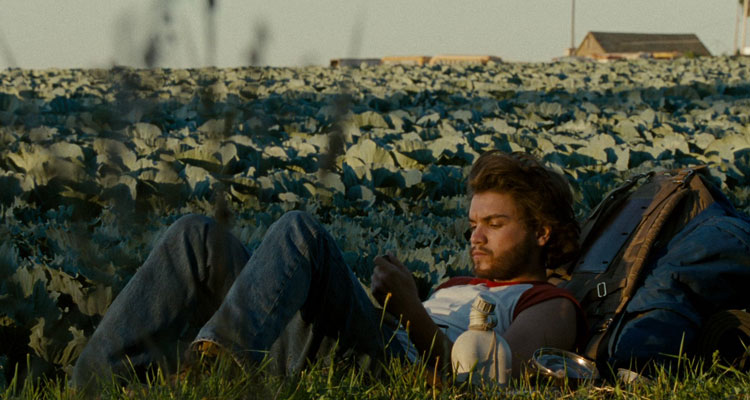
Every encounter, every challenge in the wilderness, becomes a mirror reflecting his true self, forcing him to reconcile his ideals with the realities of existence.
I read somewhere how important it is in life not necessarily to be strong… but to feel strong.
By shedding societal masks and stripping away pretense, Christopher embarks on a raw and uncompromising exploration of who he really is—his values, fears, and desires—revealing that the path to self-discovery is as much about solitude and reflection as it is about connection and human experience.
True strength, competence, and confidence come only from your capacity to face the harshness of reality and grow—or transcend—through it, not from constructing illusions of safety or seeking social validation.
The Power of Authentic Contribution
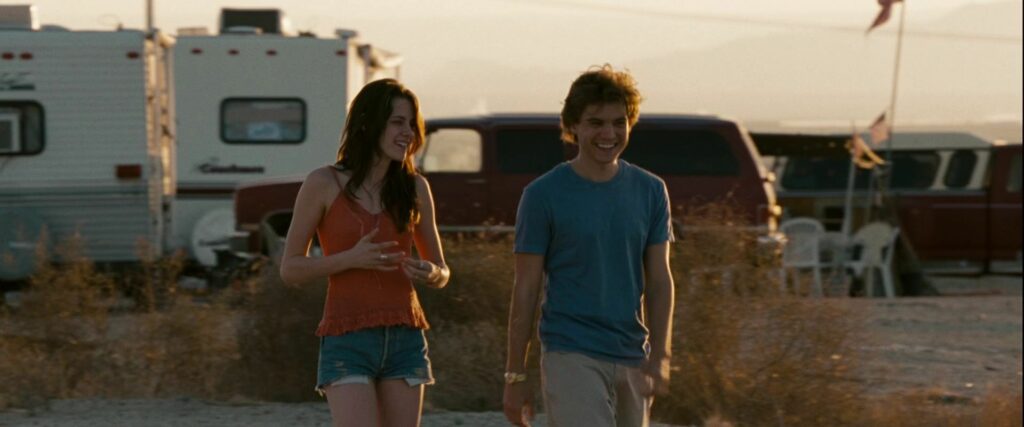
Understanding your identity is fundamentally tied to recognizing the unique value you can offer to the world. When you truly know who you are—your strengths, passions, and principles—you gain clarity on how to contribute meaningfully to others and to society at large.
Self-awareness allows you to act from authenticity rather than imitation, ensuring that your efforts resonate and create a unique impact. In essence, discovering your identity is not just an inward journey; it is a way of mapping your potential to serve, inspire, and leave a distinct mark on the world.
Truth as Liberation
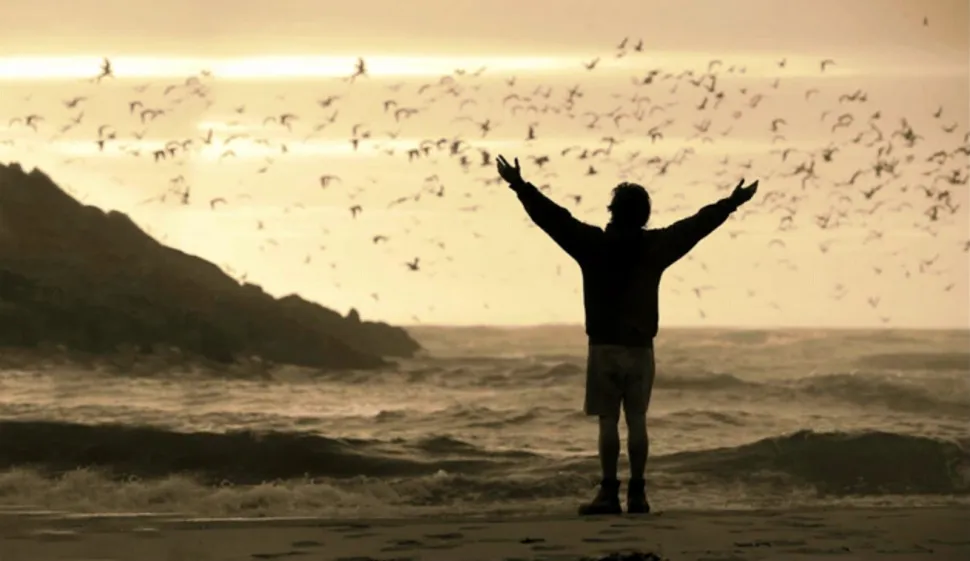
Embracing truth is the gateway to genuine freedom. When we face reality without filters or illusions, we release ourselves from the weight of pretense, fear, and self-deception. Lies, whether told to others or to ourselves, act as chains, limiting our choices and clouding our judgment. By confronting the world as it is—and accepting our own truths—we gain clarity, agency, and the ability to act with integrity.
In this sense, truth is not just a moral ideal; it is a practical tool for living authentically, making decisions confidently, and experiencing the liberation that comes from living in alignment with reality rather than hiding from it.
The inner voice of our soul
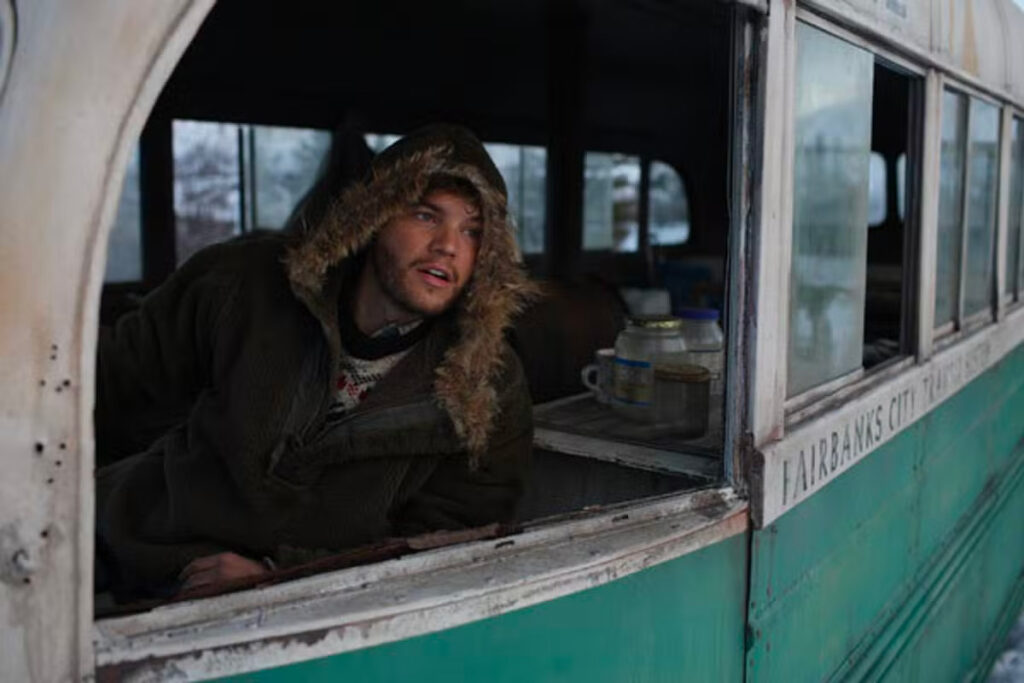
The call to adventure can be seen as the voice of God—or, at the very least, as the whisper of an inner truth that refuses to be silenced.
It arises from the deepest part of ourselves, not as a mere impulse toward excitement, but as a sacred summons to growth, transformation, and authenticity. Ignoring it breeds quiet despair, for it is the soul’s way of reminding us that we were not born to remain safe and unchanged.
Yet answering that call is never without risk: it demands that we leave the comfort of the known, confront uncertainty, and expose ourselves to failure or loss. But within that very risk lies the possibility of revelation.
The real risk
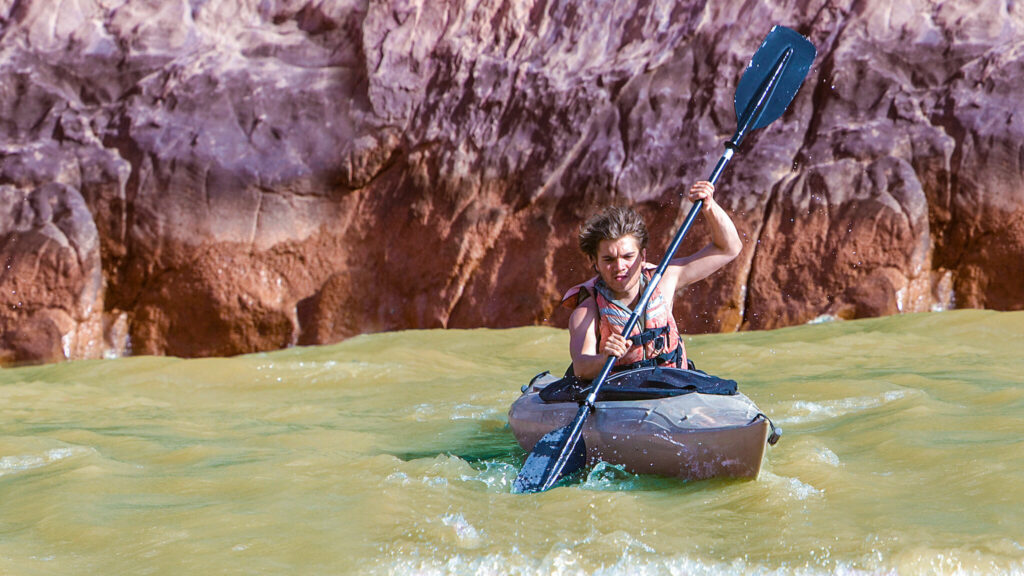
The real risk, paradoxically, is not in venturing into the unknown, but in refusing the adventure altogether. To deny the call is to choose comfort over growth, illusion over truth. Life, when lived cautiously, may appear safe—but beneath that safety often lies a slow erosion of the spirit. The untested life becomes a repetition of routines, a quiet avoidance of possibility, a long wait for life to begins.
True danger resides in stagnation, resentment and regression, in never discovering the depths of one’s strength, love, or purpose. By contrast, those who embrace the journey—despite fear, uncertainty, and loss—taste life in its rawest and most vivid form. They may stumble or suffer, but they live awake.
To experience life fully is to honor the divine pulse within us that seeks expansion. In the end, the greatest tragedy is not to fall, but to have never truly lived.
The Real Legacy of Unlocking Potential
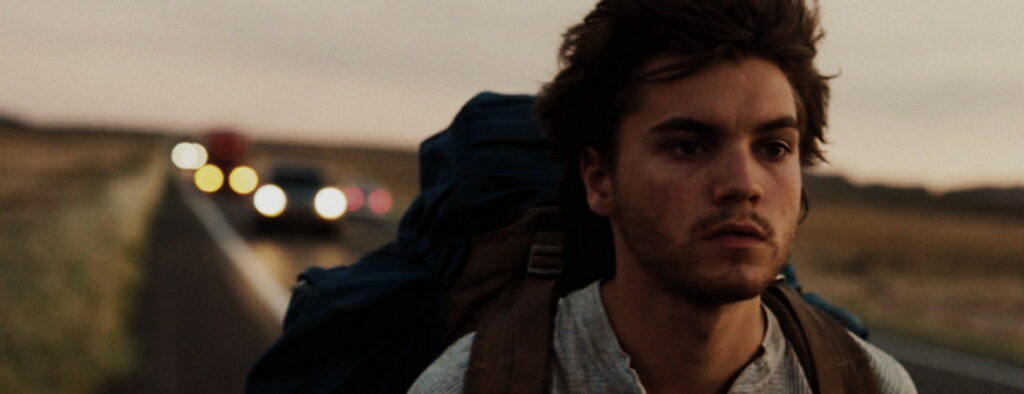
The true legacy we leave behind is not measured by wealth, possessions, or fleeting recognition, but by the depth of our growth and the strength we cultivate within ourselves. It is said that a large heritage often fades within three generations, unless its values are consciously preserved and lived.
When we embrace discomfort, face challenges, and unlock our genetic and personal potential, we create a reservoir of wisdom, resilience, and insight that can ripple outward—through the lives we touch, the lessons we share, and the example we set.
This legacy is enduring because it transcends material circumstances: it is encoded in the people we influence, the values we embody, and the courage we inspire. By striving to become our fullest selves, we leave behind something far more meaningful than objects or accolades—we leave a blueprint of human possibility, a living testament to what it means to grow, evolve, and truly live.
A journey beyond Society
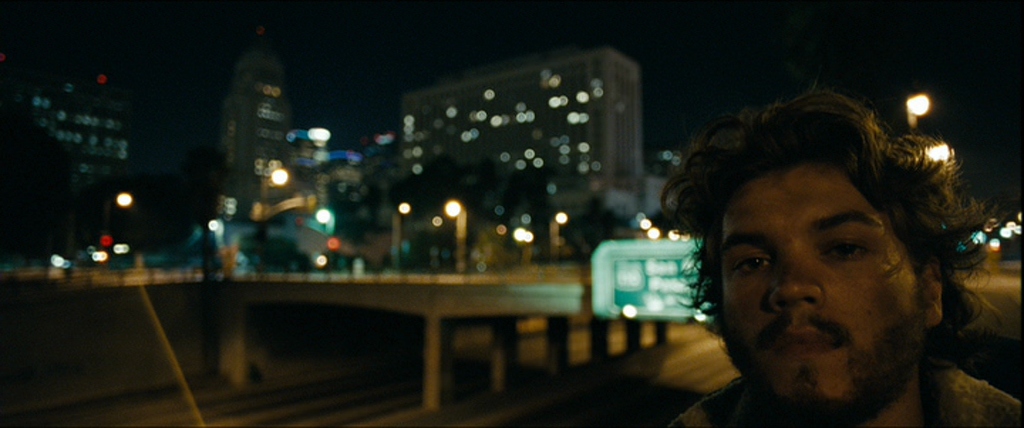
Christopher McCandless’s choice to leave society entirely, rather than test himself within it, reflects a belief that modern civilization itself is corrupted — that it distorts truth, inflates ego, and disconnects humans from what is essential. Let’s unpack that:
1. Society as illusion
McCandless saw society as a web of lies: materialism, social masks, competition, and empty routines. To him, testing himself within that system would only mean succeeding at playing a false game. In his eyes, one could not find truth in an environment built on illusion. Leaving it wasn’t an escape — it was a purification.
He wrote, “You’re wrong if you think the joy of life comes principally from human relationships. God’s placed it all around us.”
For him, truth was not in the crowd but in the silence of nature, where things are what they are — raw, honest, unfiltered.
2. Nature as the mirror of truth
In the wild, there’s no status, no performance, no spectators. Nature doesn’t flatter or lie — it tests you in the most direct way. You either adapt or perish. Every moment becomes a mirror of your inner strength, humility, and authenticity.
In a city, most “tests” are mediated by social structures — money, reputation, approval. In the wild, all that disappears, and only you remain.
3. Spiritual purification
For McCandless, stripping away comfort wasn’t about adventure — it was a form of spiritual discipline. Like monks retreating to the desert or ascetics leaving cities, he sought direct communion with existence. His solitude was a quest for transcendence, not rebellion for its own sake.
Testing yourself within society might build success or resilience, but testing yourself outside society builds truth.
One confronts not external systems, but the essence of being alive.
4. The paradox
Ironically, by rejecting human connection, McCandless discovered how essential it really is. His final realization — “Happiness is only real when shared” — shows that his journey into isolation was not a rejection of humanity, but a painful path back to it.
In short:
- To test yourself within society is to master adaptation.
- To test yourself outside society is to seek liberation.
McCandless chose the latter because he wasn’t just trying to survive — he was trying to wake up.
Conclusion
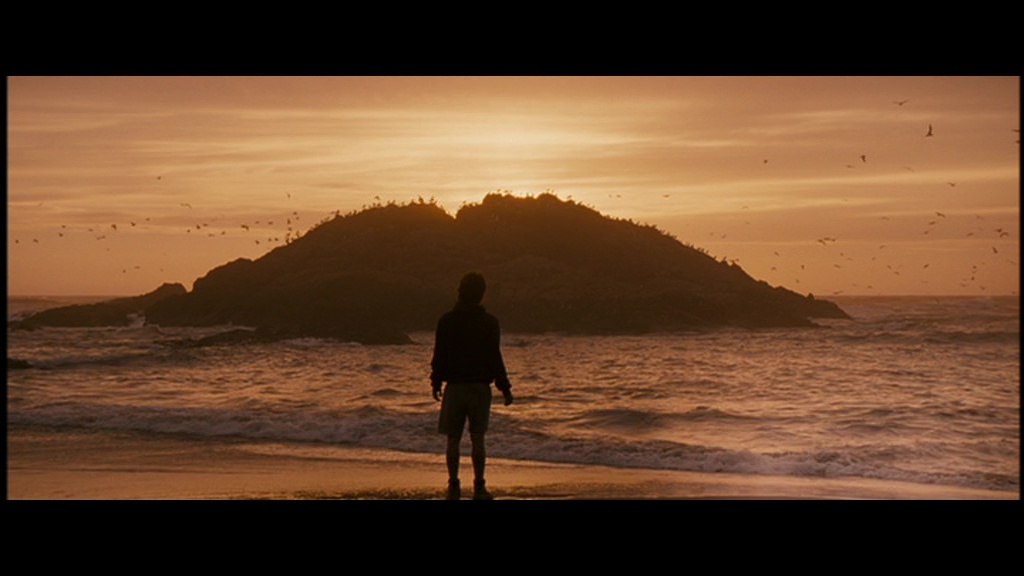
Into the Wild is far more than a story of adventure or a tragic end; it is a profound reflection on freedom, authenticity, and the human pursuit of meaning. Christopher McCandless’s journey reminds us that life’s most valuable lessons come from firsthand experience—through risk, discomfort, and vulnerability. It teaches that courage is inseparable from exposure, that identity is forged in the balance between solitude and connection, and that truth liberates us from the illusions and constraints society imposes.
Beyond McCandless himself, the film celebrates those living on the margins—people who have shed societal personas and reveal raw, authentic ways of being. Their lives underscore the importance of genuine human connection, resilience, and the courage to pursue what truly matters.
Ultimately, Into the Wild challenges us to consider our own legacy. True inheritance is not material wealth but the growth, wisdom, and strength we cultivate within ourselves. By embracing adventure, facing reality, and striving to unlock our potential, we leave behind a living testament of courage, authenticity, and possibility—proof that a life fully lived is the most enduring legacy of all.


GIPHY App Key not set. Please check settings